Entry Category: Government and Politics
 Arthur Ormond Lock and Dam
Arthur Ormond Lock and Dam
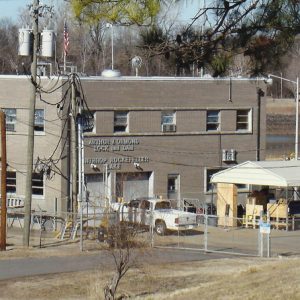 Arthur Ormond Lock and Dam
Arthur Ormond Lock and Dam
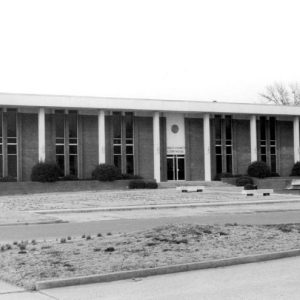 Ashley County Courthouse
Ashley County Courthouse
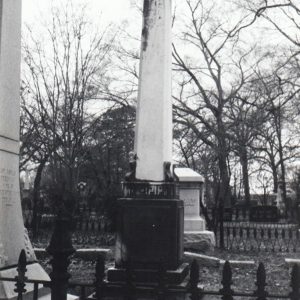 Ashley Grave
Ashley Grave
Ashley, Chester
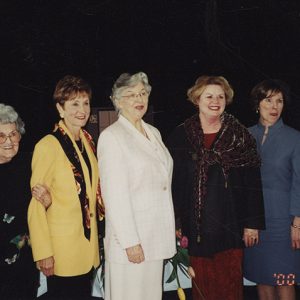 Eliza Ashley with Governors' Wives
Eliza Ashley with Governors' Wives
Ashley, Hubert Carl (Hugh)
Association of Arkansas Counties (AAC)
Association of Community Organizations for Reform Now (ACORN)
aka: ACORN
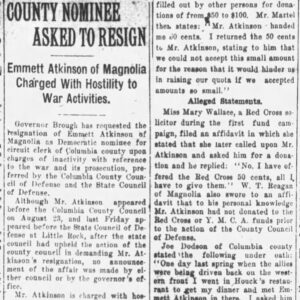 Willie E. Atkinson Article
Willie E. Atkinson Article
Atkinson, Willie Emmett
Attorney General, Office of
Auditor, Office of
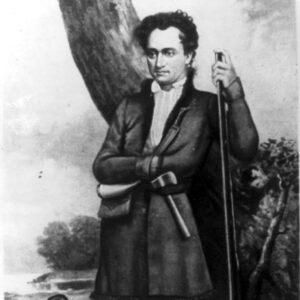 Stephen Austin
Stephen Austin
Austin, Stephen Fuller
Babbitt, Wayne Hubert
Back-to-Africa Movement
Bacon, Nick Daniel (Nicky)
 Nicky Bacon
Nicky Bacon
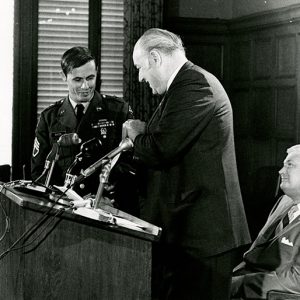 Bacon, Rockefeller, and Britt
Bacon, Rockefeller, and Britt
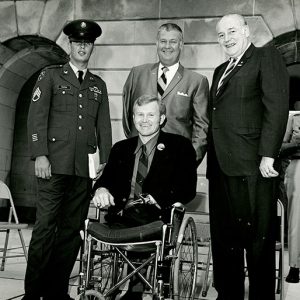 Bacon, Colley, Britt, and Rockefeller
Bacon, Colley, Britt, and Rockefeller
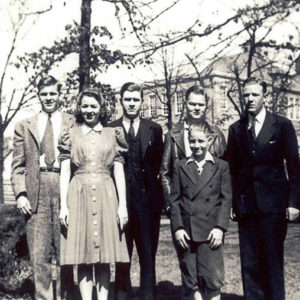 Bailey Family
Bailey Family
Bailey, Bob
aka: Robert Ballard Bailey
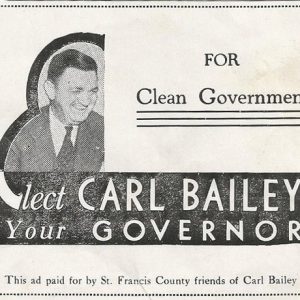 Carl Bailey Ad
Carl Bailey Ad
Bailey, Carl Edward
Baines, George Washington
 Ballot Measure Mailer
Ballot Measure Mailer
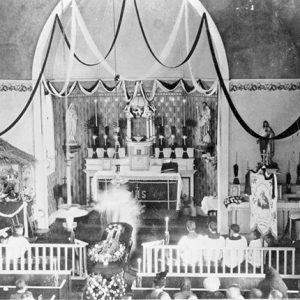 Pietro Bandini Funeral
Pietro Bandini Funeral
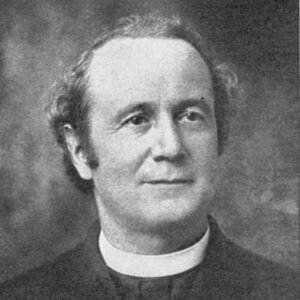 Pietro Bandini
Pietro Bandini
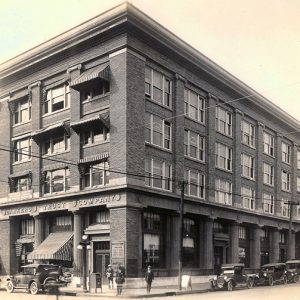 Bankers' Trust Company
Bankers' Trust Company
Barclay, Richard L. (Dick)
Barraque, Antoine
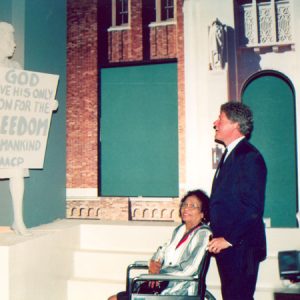 Daisy Bates with Bill Clinton
Daisy Bates with Bill Clinton
 James W. Bates
James W. Bates
Bates, James Woodson
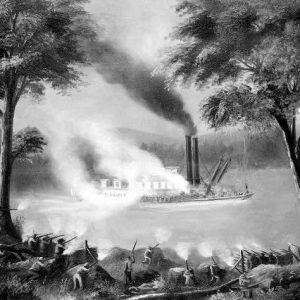 Battle of Palarm
Battle of Palarm
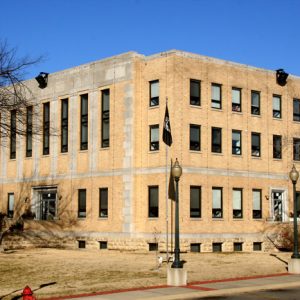 Baxter County Courthouse
Baxter County Courthouse
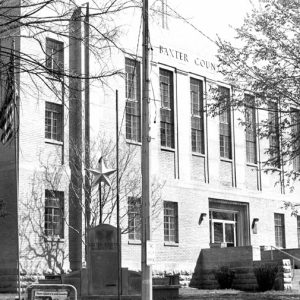 Baxter County Courthouse
Baxter County Courthouse
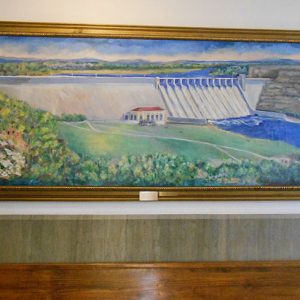 Bull Shoals Dam Painting
Bull Shoals Dam Painting
Baxter, Elisha
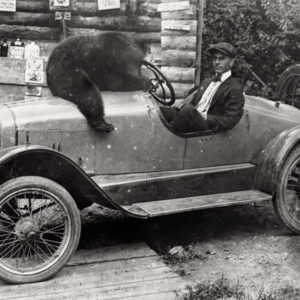 Bear State
Bear State
 Beebe Campaign Brochure
Beebe Campaign Brochure
 Beebe Family
Beebe Family
 Beebe Inauguration
Beebe Inauguration
Beebe, Ginger Kay Croom
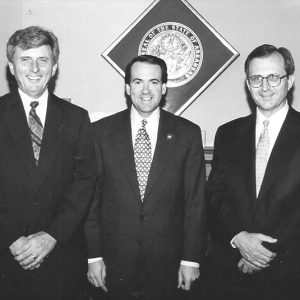 Beebe, Huckabee, and Bradbury
Beebe, Huckabee, and Bradbury
Beebe, Mike
 Mike Beebe at Kays House
Mike Beebe at Kays House
 Behind Enemy Lines
Behind Enemy Lines




